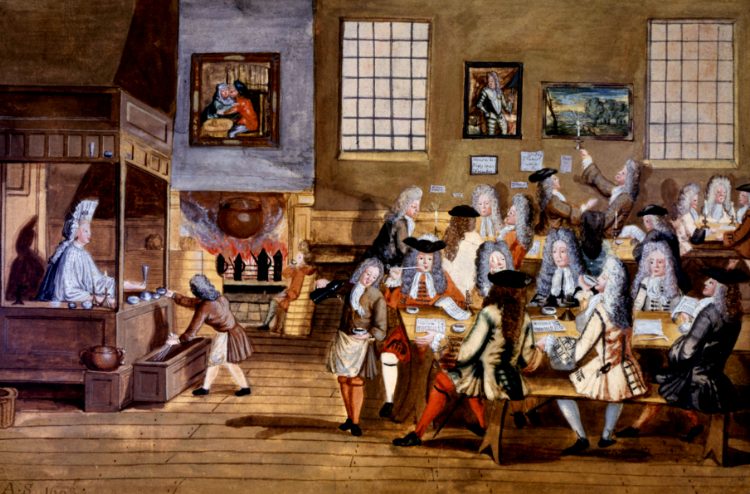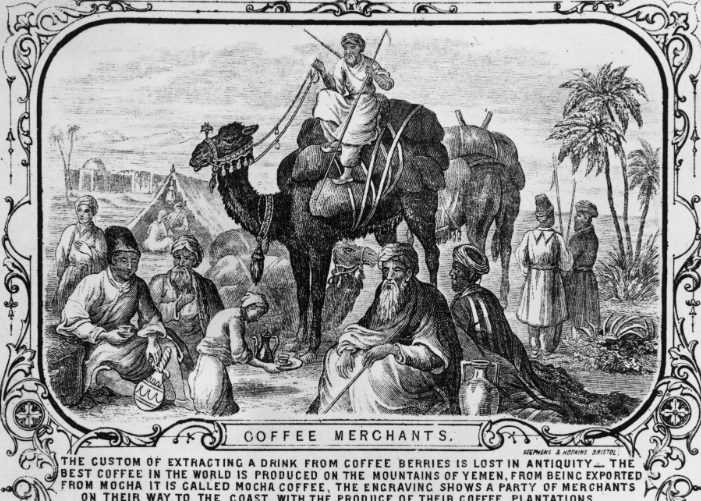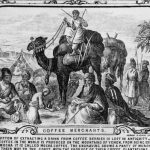Coffee Through History
Coffee is a beloved beverage consumed by millions of people worldwide every day. However, its history goes far beyond our daily caffeine fix. Coffee has played a crucial role in shaping the world as we know it today. From its origins in Ethiopia to its spread across the world, coffee has left a significant impact on human history.
The story of coffee dates back to the 10th century in Ethiopia. According to legend, a goat herder named Kaldi noticed that his goats became more energetic after eating the red berries of a certain plant. Curious, Kaldi tried the berries himself and discovered that they had a stimulating effect. He shared this discovery with the local monks, who then began using the berries to make a drink that helped them stay awake during long prayer sessions.

Spread of Coffee
The popularity of coffee soon spread beyond Ethiopia, and by the 16th century, coffee had made its way to the Arabian Peninsula. The Arabians were the first to cultivate coffee on a large scale and began exporting it to other parts of the world. The port city of Mocha, in Yemen, became a major center of coffee trade, and the term “mocha” is still used today to describe a type of coffee.
As coffee spread across Europe in the 17th century, it became a symbol of the Enlightenment. Coffee houses became popular meeting places for intellectuals, writers, and artists who would gather to discuss politics, literature, and philosophy over a cup of coffee. These coffee houses played a crucial role in the dissemination of new ideas and helped shape the cultural landscape of Europe.
Coffee played a vital role in the Industrial Revolution, which began in the late 18th century. The caffeine in coffee helped workers stay alert during long shifts, making them more productive. Coffee also became an important commodity in the global economy, with countries like Brazil and Colombia becoming major exporters of coffee.
The 20th century saw coffee become a global phenomenon. The rise of coffee chains like Starbucks and Costa Coffee transformed the way we consume coffee, turning it into a social experience. Coffee also became a symbol of globalization, with coffee shops appearing in cities all over the world.
The Power of a Joe
Coffee’s role in history is a testament to its power to shape culture and society. From its origins in Ethiopia to its global spread, coffee has left an indelible mark on human history. Today, coffee continues to be an important part of our daily lives and remains a symbol of community and connection.
By John Toledo









